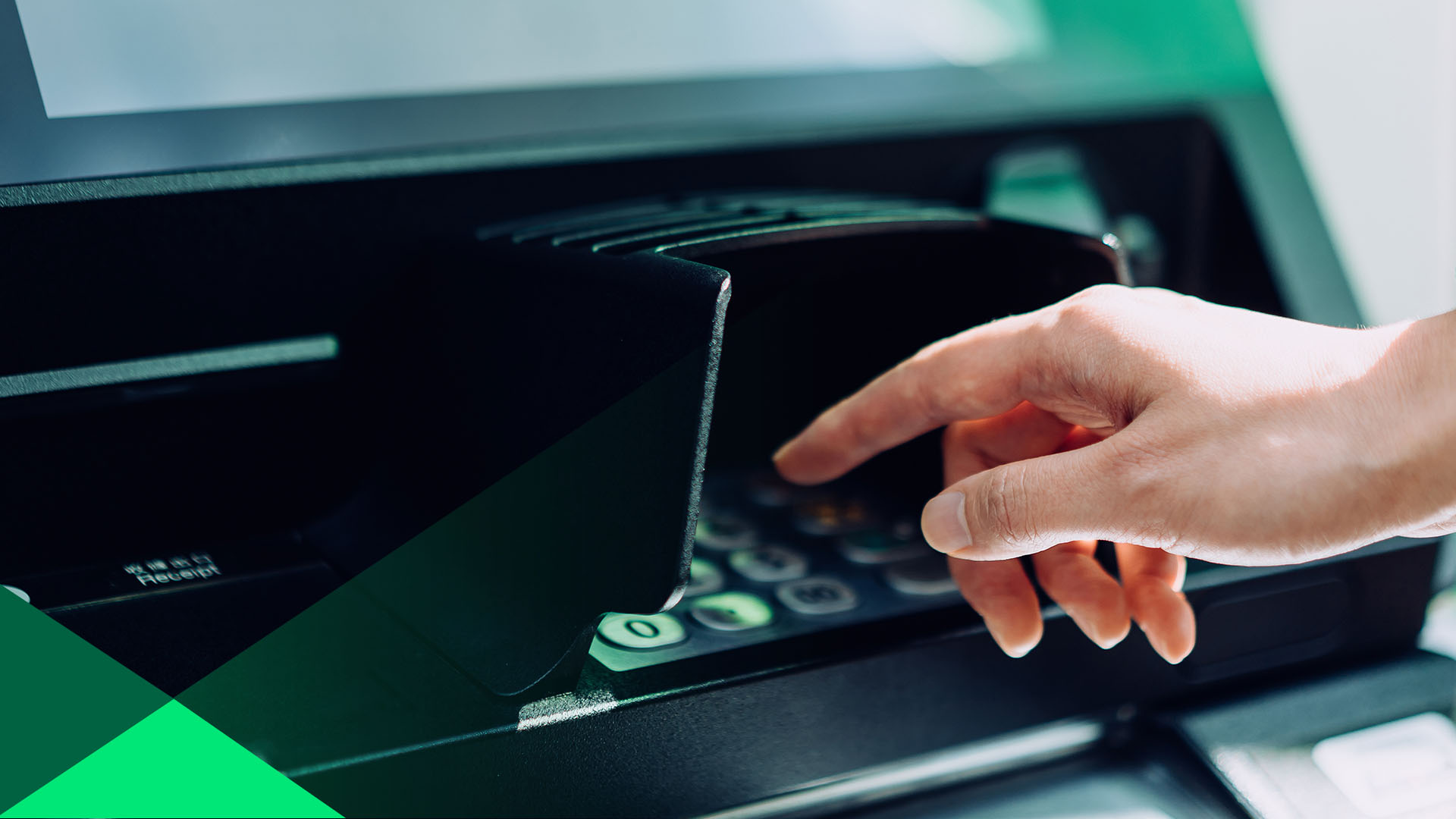Don’t have your Nedbank ID yet?
Nedbank ID single sign-on gives you full digital access to Nedbank Private Wealth’s banking and lifestyle products and services on the Nedbank Private Wealth app or Online Banking.
Log in
Log in to Online Banking or another one of our secured services.
Enjoy a wide range of lifestyle rewards and benefits simply for banking with us.
Enjoy a wide range of lifestyle rewards and benefits simply for banking with us.
Stay up-to-date with the latest updates on all of our investment funds.
Private banking
International banking
Focus Platform
Forex
Rewards
Home loans
Vehicle and asset finance
Structured lending
Overdrafts
Aviation finance
Personal insurance
Business insurance
Investment planning
Investment solutions
International investments
Cash management
Retirement planning
Stockbroking
Fund fact sheets
- Exclusive Funds | Nedbank Private Wealth
- Select Fund of Funds | Nedbank Private Wealth
- International MultiFunds | Nedbank Private Wealth
- Core Income Funds | Nedbank Private Wealth
- Global Portfolio (AMC) Fund | Nedbank Private Wealth
- Exclusive Funds | Nedbank Private Wealth
- Select Fund of Funds | Nedbank Private Wealth
- International MultiFunds | Nedbank Private Wealth
- Core Income Funds | Nedbank Private Wealth
Specialist advisory services
Will drafting
Estate administration
Financial accounting
Estate planning
Our offering
Giving Report
Blog
Become a client
Contact us
Digital tools
- Login & Register
- Online Banking
- Online Share Trading
- NedFleet
- Register for Nedbank ID
- Private banking
- International banking
- Focus Platform
- Forex
- Luxury travel rewards | Nedbank Private Wealth
- Level 1
- Level 2
- Level 3
- Level 4
- Level 5
- Borrow
- Home loans
- Vehicle and asset finance
- Structured lending
- Overdrafts
- Aviation finance
- Explore Borrow
- Home loans
- Vehicle and asset finance
- Structured lending
- Overdrafts
- Aviation finance
- Personal insurance
- Business insurance
- Grow
- Investment planning
- Investment solutions
- International investments
- Cash management
- Retirement planning
- Stockbroking
- Fund fact sheets
- Explore Grow
- Investment planning
- Investment solutions
- International investments
- Cash management
- Retirement planning
- Stockbroking
- Fund fact sheets
- Exclusive Funds | Nedbank Private Wealth
- Select Fund of Funds | Nedbank Private Wealth
- International MultiFunds | Nedbank Private Wealth
- Core Income Funds | Nedbank Private Wealth
- Global Portfolio (AMC) Fund | Nedbank Private Wealth
- Exclusive Funds | Nedbank Private Wealth
- Select Fund of Funds | Nedbank Private Wealth
- International MultiFunds | Nedbank Private Wealth
- Core Income Funds | Nedbank Private Wealth
- Exclusive Funds | Nedbank Private Wealth
- Select Fund of Funds | Nedbank Private Wealth
- International MultiFunds | Nedbank Private Wealth
- Core Income Funds | Nedbank Private Wealth
- Global Portfolio (AMC) Fund | Nedbank Private Wealth
- Exclusive Funds | Nedbank Private Wealth
- Select Fund of Funds | Nedbank Private Wealth
- International MultiFunds | Nedbank Private Wealth
- Core Income Funds | Nedbank Private Wealth
- Structure
- Specialist advisory services
- Will drafting
- Estate administration
- Financial accounting
- Estate planning
- Explore Structure
- Specialist advisory services
- Will drafting
- Estate administration
- Financial accounting
- Estate planning
- Our offering
- Giving Report
- Wealth Hub
- Blog
- Become a client
- Contact us
- Digital tools
- Explore Wealth Hub
- Blog
- Become a client
- Contact us
- Digital tools
How to invest tax-efficiently on the stock market
How to invest tax-efficiently on the stock market
Staff writer
3 mins
Minimise the tax you pay on earnings from your JSE-listed shares.
Do you know how your investment returns on your investments in the stock market are taxed?
Investing in the stock market is a smart way to grow your money and build financial wealth. But what about paying tax on your shares? How do you ensure the tax you pay does not eat away at your returns and that you maximise the amount you can put back into your pocket?
Having a better understanding of the different types of taxes that apply to your shares can help you structure your portfolio in a tax-efficient way to minimise taxes and maximise your returns.
What aspects of your investments are taxable?
South Africa has a residence-based tax system, which means South African tax residents are taxed on their worldwide income. The tax consequences will, however, be determined by whether they are South African or international investments. Taxes applicable to your investments generally fall into 3 categories:
1. Income tax
Local interest
This applies to bonds that you own, cash in your bank account and unit trusts that generate interest. The tax payable will be calculated according to your marginal income tax rate. Interest tax exemptions available to a natural person are R23,800 if you are younger than 65 and R34,500 if you are 65 or older.
Foreign interest
Irrespective of the currency in which you earn interest, you will need to report the rand equivalent amount to the South African Revenue Service (SARS). You will be able to reduce South African tax with foreign tax paid on interest. Foreign tax may be reduced to lower rates agreed to between South Africa and the country where the foreign person paying interest is located, subject to the necessary declarations.
Interest from real estate investment trusts (REITs)
Dividends earned from REITs are also taxed according to your marginal income tax rate.
2. Dividends tax
Foreign dividends
Foreign dividends are taxed in terms of a formula that makes provision for the deduction of any foreign dividends tax paid. The foreign tax rate may be reduced to a lower rate by application of any applicable double taxation agreement between South Africa and the country where the foreign company paying dividends is located.
Local dividends
Dividends earned from investments in local companies are taxed at a dividend withholding rate of 20%. This tax is withheld by the withholding agent before it is paid out to you. In other words, the relevant tax is already subtracted from the dividend by the time it is paid out to you and you are not liable for any tax on these dividends. The withholding agent (investment administrator) pays the relevant tax directly to SARS on your behalf. Dividends paid to a South African company are exempt from South African dividends tax.
With a tax-free investment you don’t pay any South African tax on any of the investment returns
3. Capital gains tax
Capital gains
Whether the gains from sale of investments will be taxed as capital gains or income will depend on whether you are investing for long-term or speculating on these investments. This is applicable only when you dispose part of or the full investment and will depend on whether the difference between the base cost (amount paid for the investment) and market value (amount realised on the sale of the investment) results in a gain or loss, in other words, whether the share price of a share purchased through the stock exchange has increased or decreased.
If the price has increased, you can sell the investment for more. In the case of a natural person only 40% of capital gains are taxable. The capital gains tax will be calculated according to your marginal income tax rate. The maximum capital gains tax rate is currently 18% for a natural person.
How much tax will you pay?
How much you will pay in taxes will be determined by your marginal income tax rate, the amount of net capital gains, and the type and amount of income you earn. Generally, the more income you earn, the more tax you will pay. Full disclosure is required in your tax returns submitted to SARS. However, there are ways to minimise the amount you have to pay in taxes on your investments.
Tips to minimise the taxes you pay
- Invest in shares for longer than 3 years
Equity shares (local shares including dual-listed companies) held for at least 3 years will automatically be taxed as capital gains rather than an income. Income is taxed at higher tax rates than capital gains.
- Using capital losses to offset gains
If your capital losses are more than your capital gains, you can carry forward the difference as an assessed capital loss to the following tax year to be set off against future capital gains. It's also helpful to remember that R40,000 of your capital gains per year is exempt from capital gains tax, so if your gains are less than R40,000, it won’t be taxable.
- Invest in tax-free investment (TFIs)
With a TFI you don’t pay any South African tax on any of the investment returns: not on interest and dividend income or capital growth. You can also reinvest all income generated into the TFI without incurring any South African tax liabilities. However, it's important to know that if you exceed the maximum TFI contribution (currently R36,000 a year and R500,000 over your lifetime) the tax benefit falls away.
Want to know more?
Contact your wealth manager or stockbroker.
If you’re interested in what we can offer you, we’d love to hear from you. You can call us on 0800 111 263 or complete the online contact form.
Related posts
See all




